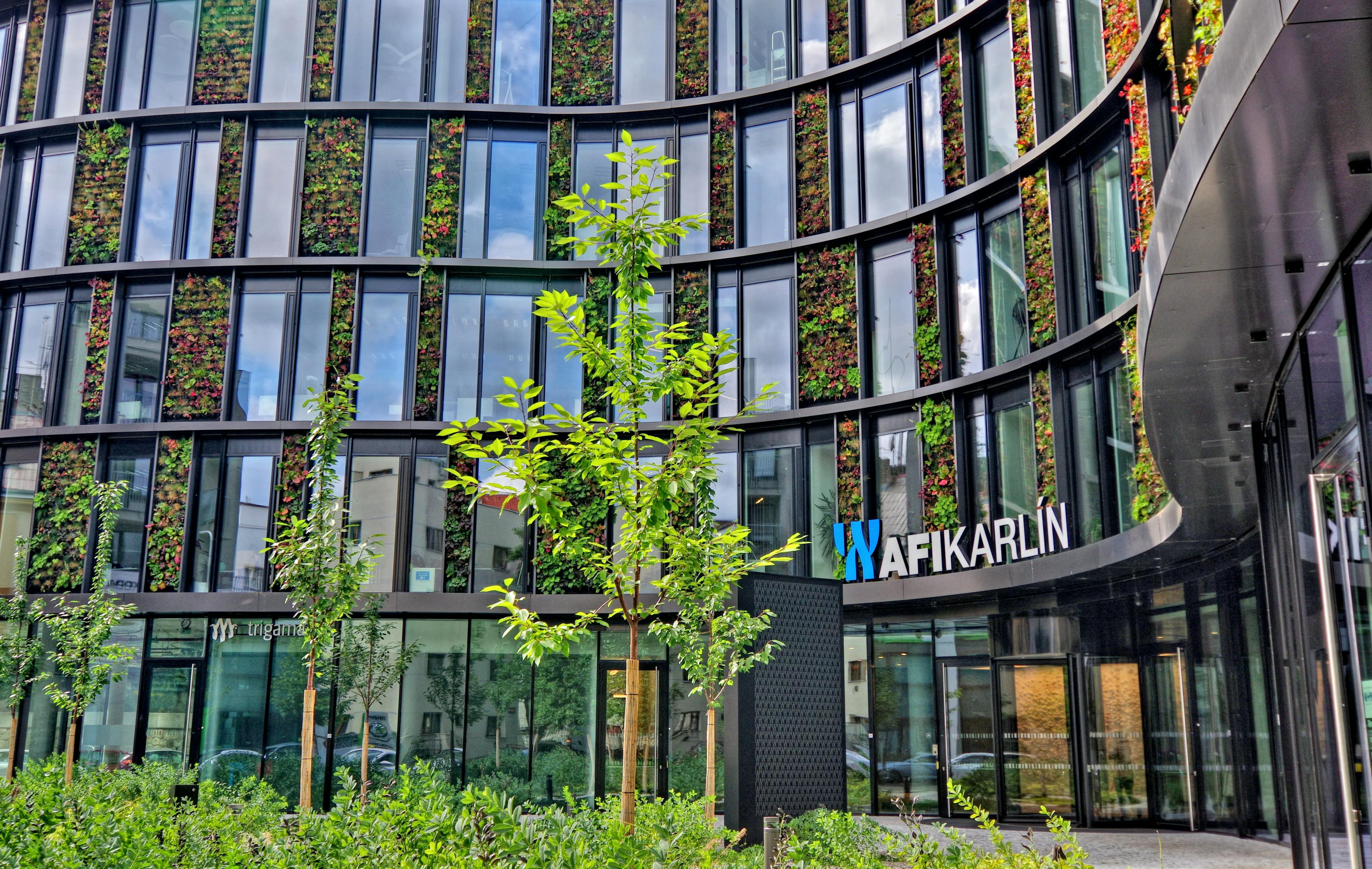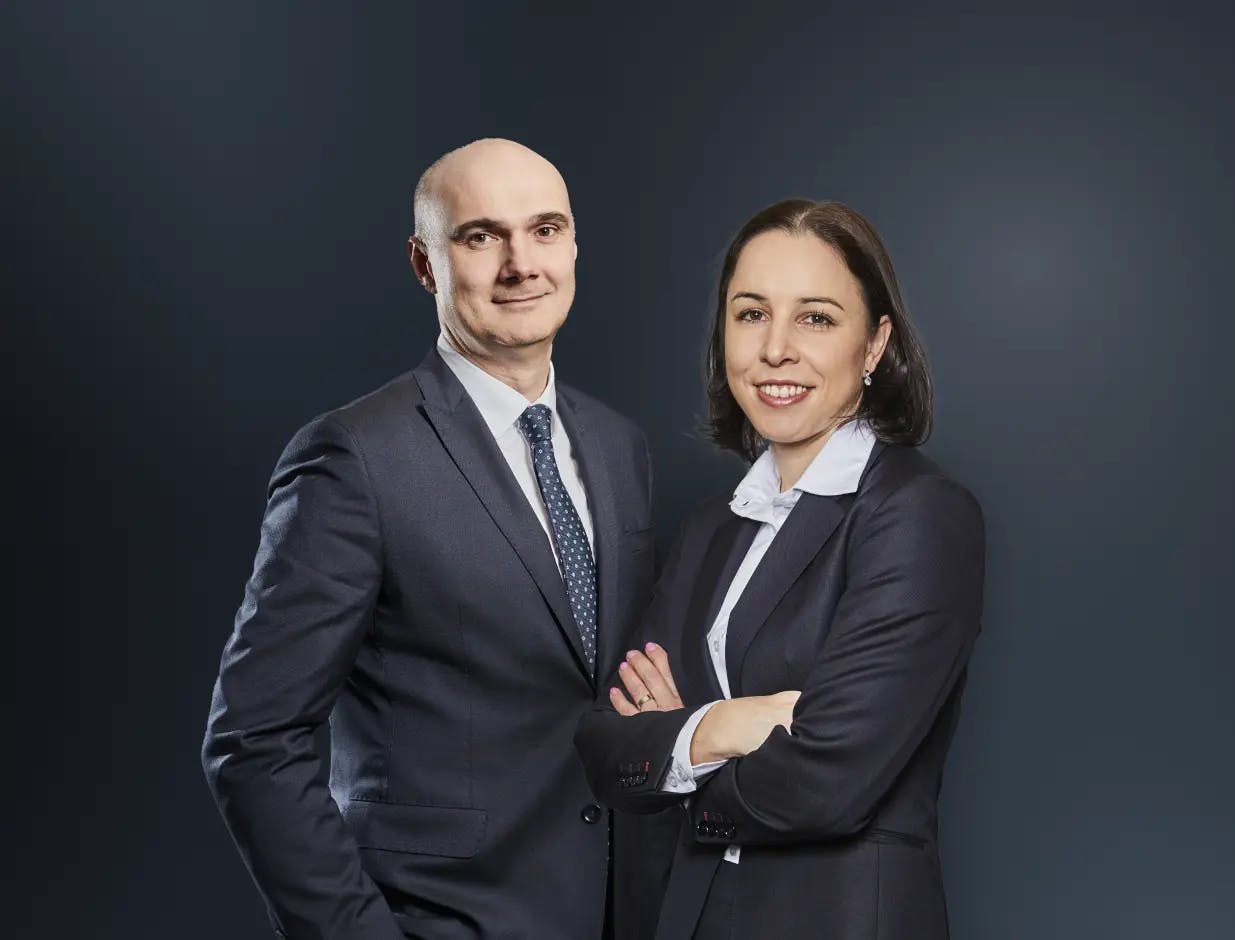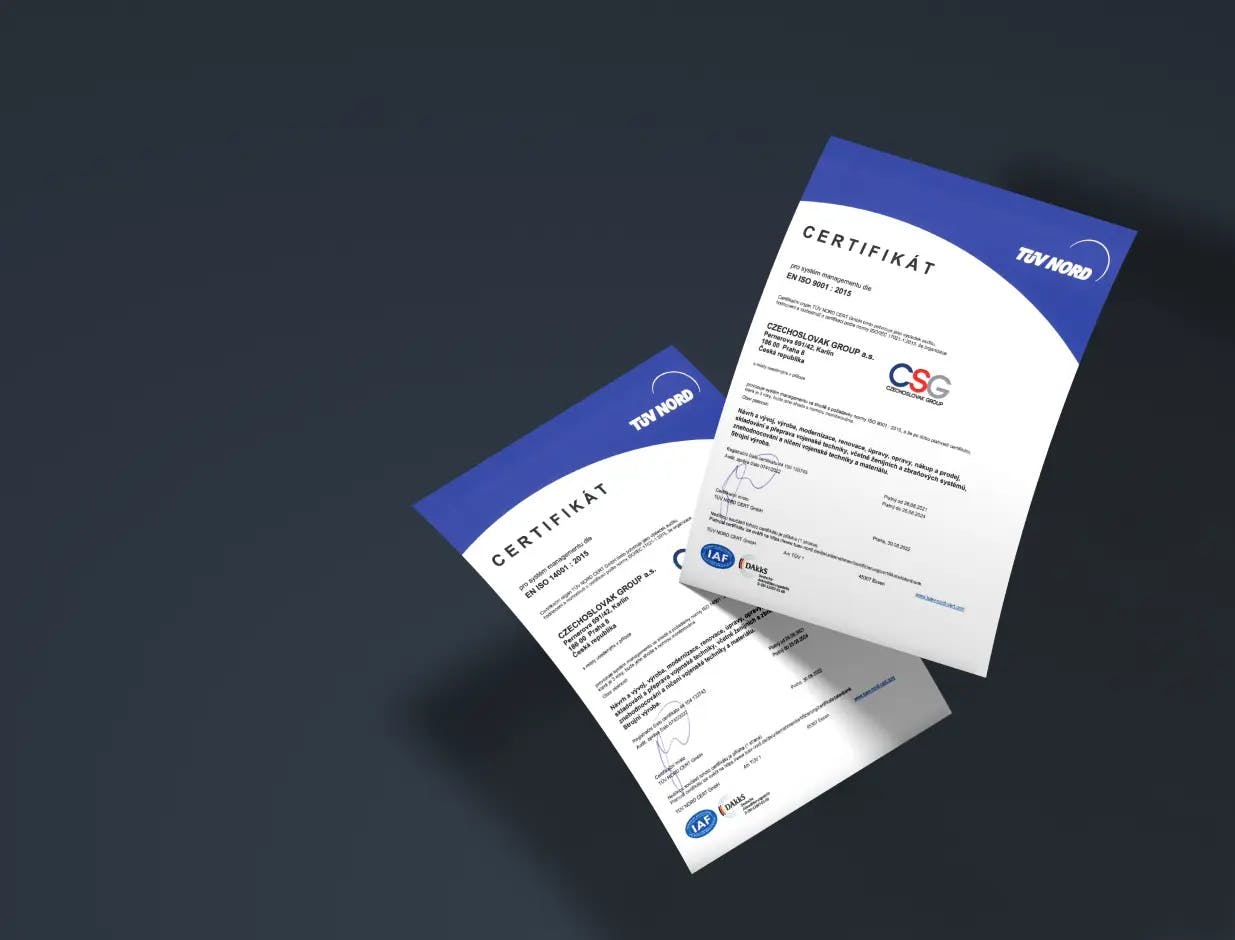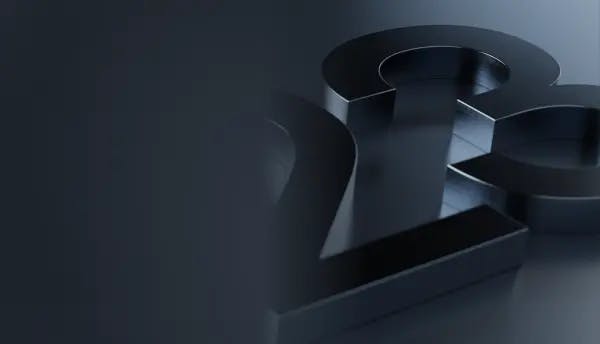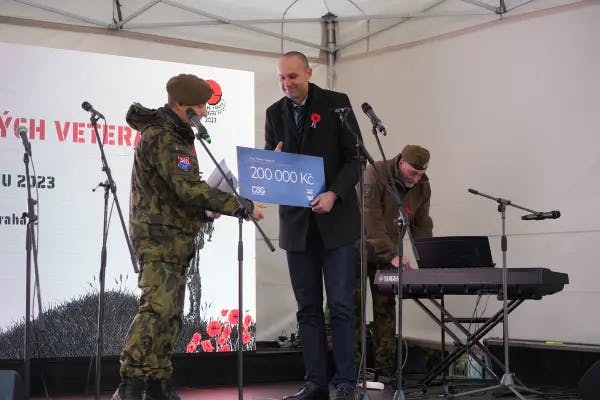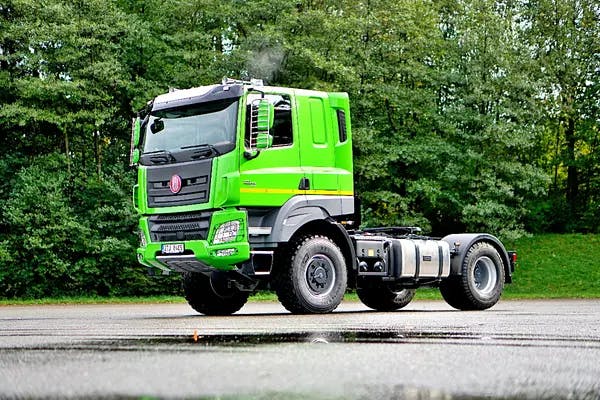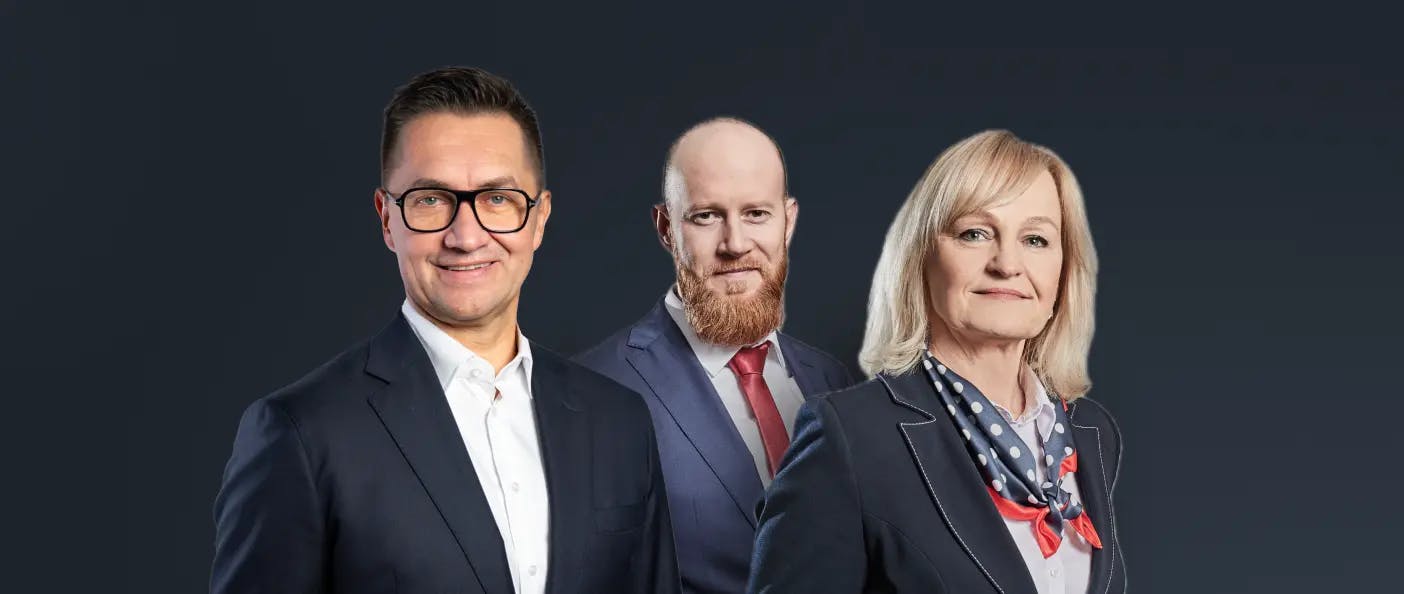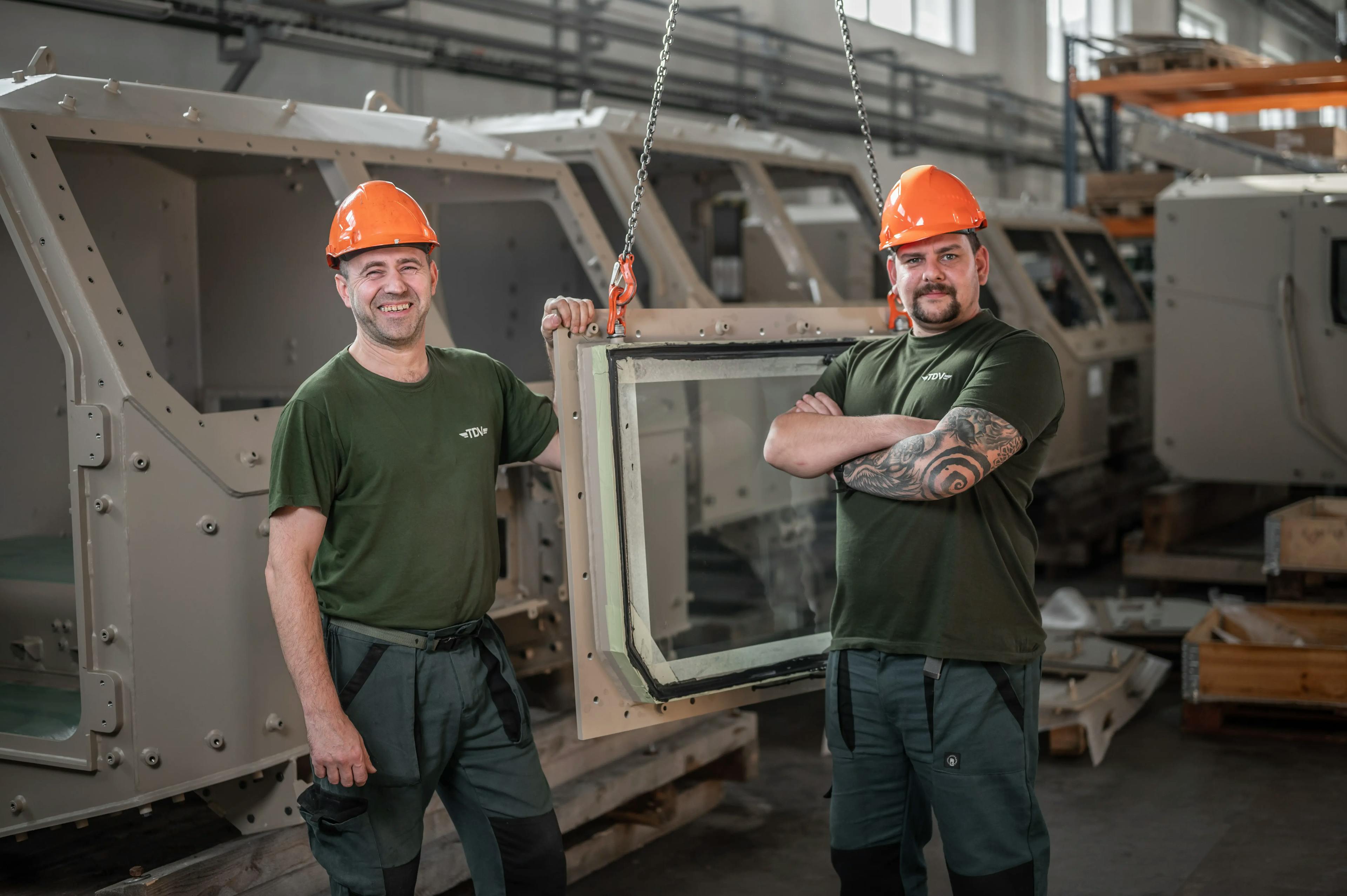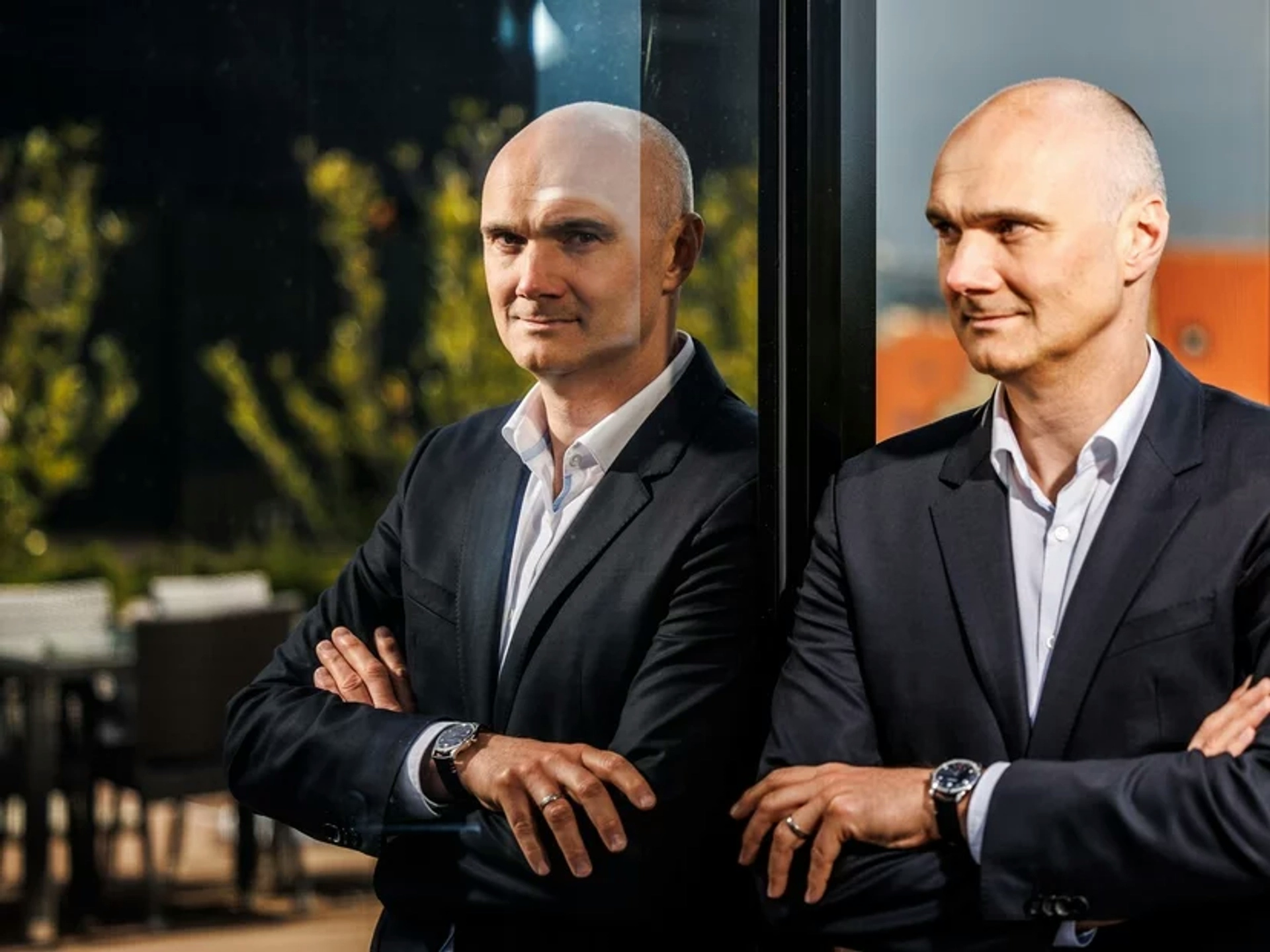The rapid growth of the arms industry has changed the world and business, says Vice Chairman of the Board of Czechoslovak Group (CSG) and its CFO David Chour. The arms and industrial group more than doubled its consolidated profit to 5.6 billion crowns year-on-year, and with the inclusion of the results of the ammunition company Fiocchi, which was included in CSG only in November, even reached a profit of 7.4 billion. After taking over Fiocchi, CSG is preparing for further acquisitions. That is one of the reasons why, according to Chour, they are preparing the historically largest bond issue.
Did the unprecedented demand for weapons and ammunition caused by the war in Ukraine mainly affect CSG's results last year?
We earned almost twenty-five billion crowns and EBITDA, i.e., profit before interest, taxes, and depreciation, amounts to 5.6 billion. That is more than double compared to last year when profit reached 2.7 billion. And we are talking about consolidated profit, which does not include the results of Fiocchi except for the end of the year. The group's unconsolidated EBITDA, including Fiocchi, would be 7.4 billion crowns. Compared to the year before last, most of our companies did better. The acceleration of the arms industry caused by Russia's invasion of Ukraine has changed the world and business. This applies not only to CSG but also to our competitors at least throughout Europe.
The change in the security situation is evident worldwide. What is the share of military equipment sales in the group's results last year?
Arms systems and ammunition are the drivers of our business, but I will not give exact figures. Civil supplies also influenced the results. For example, I would mention the manufacturer of braking systems and components for rail vehicles Dako, whose profits increased significantly. The outbreak of the war conflict understandably increased the demand for weapons and ammunition. I do not hide the fact that this positively reflected in the economic results.
And demand in Europe?
Economic results were influenced not only by Ukraine but also by the demand of several NATO member states, including the Czech Republic's neighbors. For example, Poland is significantly arming itself, rapidly increasing its defense spending. Our partners are Polish state companies. We have also started supplying Titus armored vehicles to the Czech army. In general, interest in weapons has increased globally.
To what extent did the acquisition of the Italian group Fiocchi, which produces small-caliber ammunition in Italy, the United Kingdom, and the United States, affect CSG's financial management?
We completed the purchase of Fiocchi Munizioni only in November last year, so it has only a marginal share in the consolidated numbers. Fiocchi's results are included in our consolidation only for December. So the acquisition will be much more significant in this year's results. As I mentioned earlier, if we hypothetically included Fiocchi in last year's figures, EBITDA profit would have increased to almost 7.4 billion crowns.
According to owner Michal Strnad, CSG is building a business in verticals. Your main industries are automotive, i.e., Tatra Trucks, railway systems represented by Dako, defense industry, and aerospace, which includes the production of radars and air traffic control systems. What is missing in these verticals, where would you like to expand?
We are looking for a business that fits into the mentioned divisions. We are interested in companies with which we have common customers. This way, we could use our sales teams in many countries where we have historically good contacts and would like to add a range that our companies are not currently producing. Potential acquisitions would allow us to gain another part of the market.
It also makes sense for us to supplement the supply chain. If we do not own the manufacturer, we provide them with profit. In case we take control, this profit remains with us. Many times, it amounts to hundreds of millions of crowns that we acquire, and we also get rid of dependency on a supplier. Of course, we are also interested in the profitability of the company.
What is the willingness of banks to finance the defense industry today, provide resources for new acquisitions?
Since the outbreak of the war in Ukraine, banks have become more accessible. However, this does not apply to all of them. In the Czech market, there are still financial institutions that refuse the defense industry. Czech bank management is primarily more willing to listen to us and try to convince foreign headquarters. There is definitely a shift, but we are not treated like a regular, civilian industry in any case.
Do some banks also apply this approach to corporations like Lockheed Martin or BAE Systems? Is the view of arms manufacturers changing in the world?
If a bank imposes restrictions on the defense industry, it does not apply only to Czech companies. It is usually determined by its global policy.
Are EU interventions also affecting this?
In the past, the EU has categorized different types of industry, with defense being classified as unsustainable. The war in Ukraine has not changed this so far. This categorization, or taxonomy, is a kind of bible from which banks often derive their policies. Therefore, they direct their activities primarily to those manufacturing sectors that Brussels considers sustainable. We believe that the EU will realize the necessity of the existence and support of our sector and reclassify the defense industry. However, banks are private entities, and the main word belongs to their management and shareholders.
Will you continue with bond issues?
We have bonds as one way of financing, especially the acquisition activities of CSG. In the coming weeks, we are preparing another issue, which should be the largest in the group's history. We believe that investors will have a high interest.
What about the group's debt? How do you balance debt and expansion?
The debt ratio indicator for last year will be, if not the lowest, then one of the lowest in recent years. This indicates the good health of CSG.
Does the expansion of CSG not show up in investments in your existing companies?
We invest every year, and we are currently preparing historically significant investments. However, they are not yet fully visible in the results for 2022, as these are long-term projects and the financial balance in 2022 was only partially affected. For example, last year we started construction of new halls in Štenberk, where Excalibur Army is headquartered. We are building another hall for Tatra Defence Vehicle in the Tatra complex in Kopřivnice. We are massively investing billions of crowns in machinery and expanding production in our ammunition factories. We are building a factory in the USA for ammunition primers worth tens of millions of dollars, expanding production in the Fábrica de Municiones de Granada ammunition factory and in our Slovak companies.
What acquisitions are you working on now? Is there anything comparable, or even larger, than Fiocchi on the horizon?
The owner of the group, Michal Strnad, is very active in the field of acquisitions. He is interested in growing our group in this way as well. The entire group management supports him in this. We even have our own M&A team, led by board member Petr Formánek. New investment opportunities are coming in constantly, and we have several of them at different stages of development. I can confirm that some are comparable, or even larger than Fiocchi. On the other hand, until the investment is settled, nothing is certain, and therefore I will also observe the rule of not discussing investments in negotiation.
CSG has been known in the past for investing in companies in crisis. Are you still willing to take such risks, or are you focusing on normally functioning companies?
Our DNA certainly includes a willingness to bear risk and the ability to turn loss-making companies into profitable ones. But when I look at recent acquisitions, they are healthy and profitable companies. We cannot rule out investing in so-called distressed assets, but it would have to have something unique in it, especially an interesting product.
Public finances have been burdened since 2020 by budget deficits amounting to several hundred billion crowns, and the Czech Republic is incurring debt at the fastest rate in Europe. Could this also negatively affect businesses?
The government must reduce state expenditures and adjust revenues through tax changes, as well as implement the long-postponed pension reform. Citizens are not aware of a stable solution, and we all know about the impending problems. The political representation must find the courage to implement unpopular measures. I see significant threats in this. Inaction could lead to a future radical increase in social security contributions and even higher taxation of corporate income. This would bring great uncertainty to the business environment.
Interview for an journal E15.cz
Share
